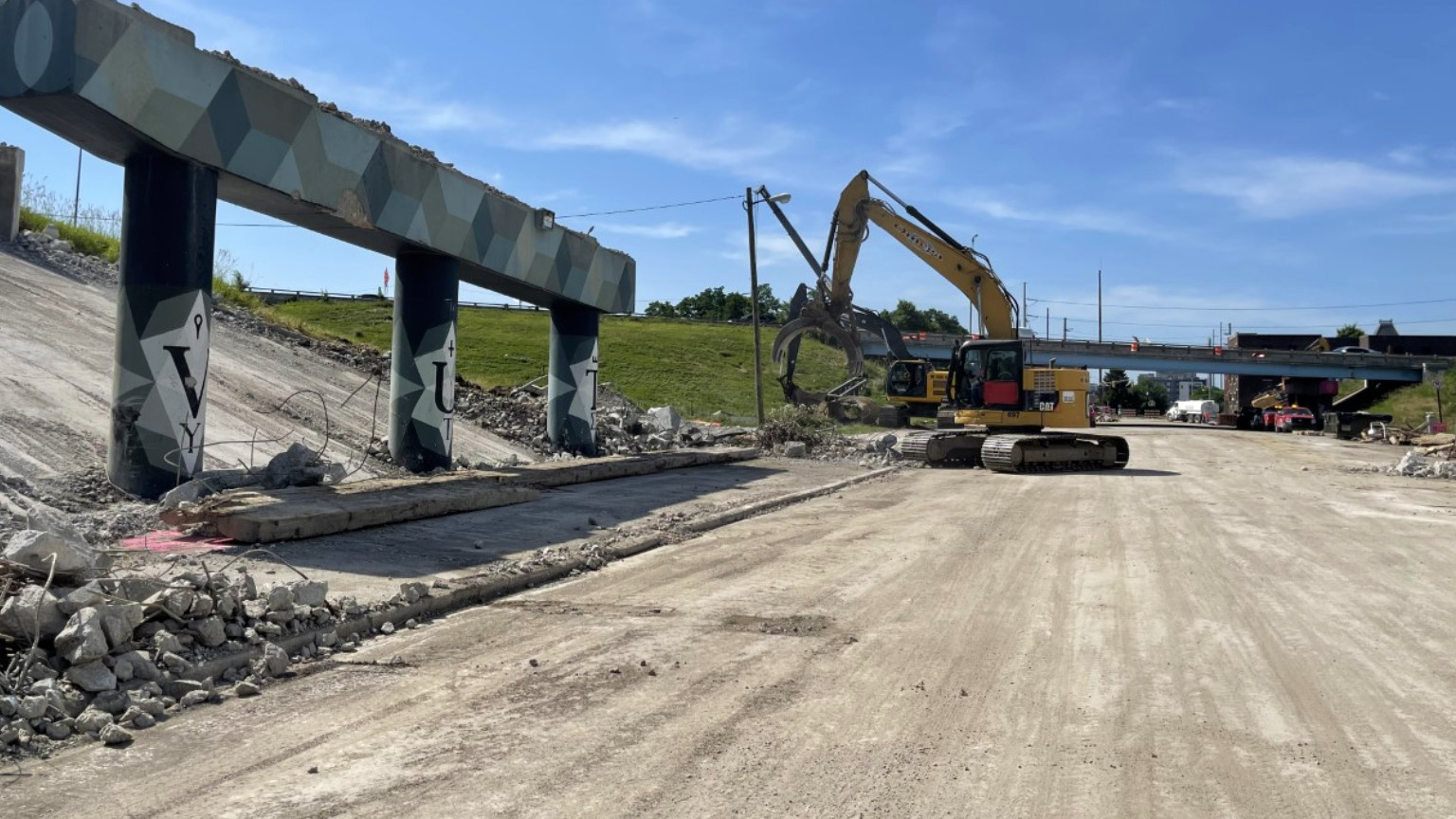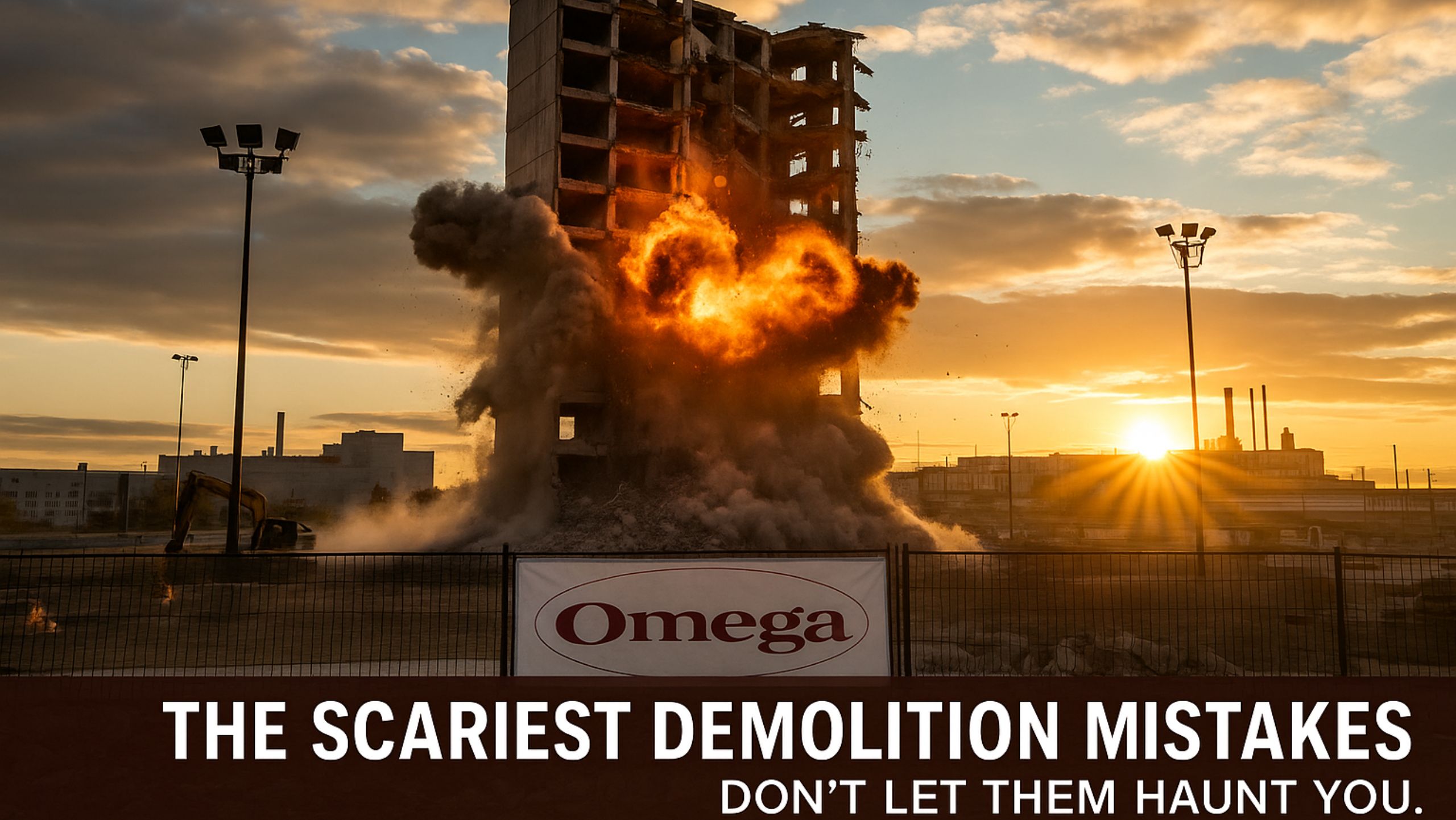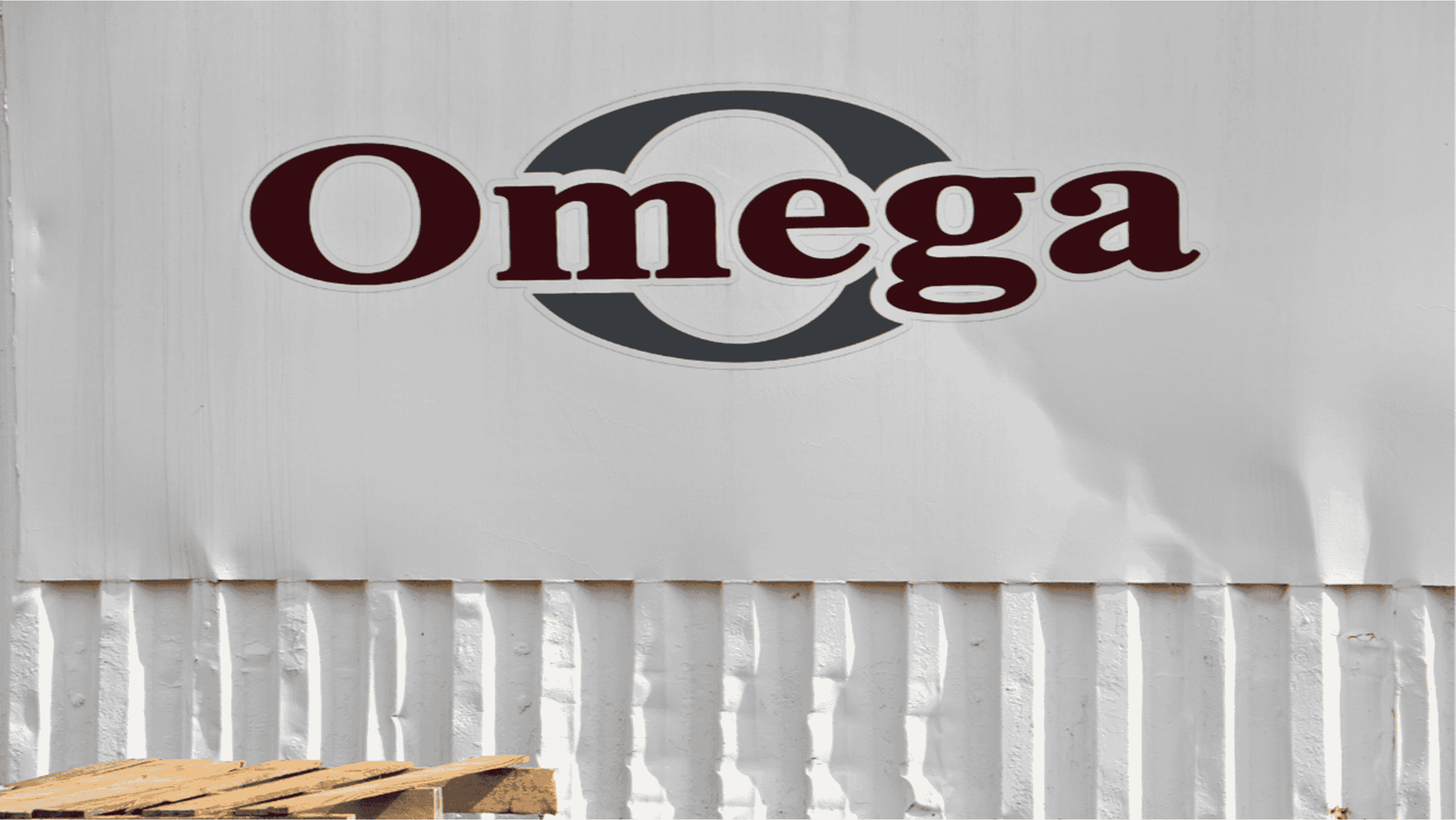If you need demolition services in Illinois, it makes a big difference which company you hire for the job. Demolition projects in Illinois are often complex, especially in urban parts of the state because of the scarcity of space, public safety issues, and the level of coordination needed to perform the demolition successfully. When choosing demolition services, it is important to consider the company’s licensing and insurance, experience level, safety record, access to equipment, and knowledge of environmental regulations.
Licensing and Insurance
In Chicago, any contractor that performs “ordinary demolition” needs to have a class A, B, C, or D General Contractor license while “complex demolition” requires a class A or B General Contractor license. Complex demolitions may include residential buildings over three stories tall, non-residential buildings over two stories tall, buildings with more than one basement, demolitions that require use of a wrecking ball or explosives, among other factors. Contractors who have a class E license are unable to perform any kind of demolition work. Proper insurance coverage is also crucial because any demolition project involves risks and liabilities and insurance protects employees if they are injured on the job, protects against civilian injuries, protects against unintentional property damage, and more. In Illinois, it is easy to verify if a contractor has an up-to-date contractor license by looking the contractor up in the Trade Contractor License database. You can check the insurance coverage by asking to see a copy of the contractor’s insurance policy.
Experience and Expertise
Each state has their own unique rules and regulations for demolition projects, so it is always an advantage to work with a contractor who has extensive experience specifically in Illinois. You want to look at how many years the contractor has been in business. You can also research their past projects to see where they were located and how similar the projects were to yours. There are different categories of demolition, including residential, commercial, and industrial. Thus, if you need a commercial property demolished, you would not want to work with a contractor who has only ever worked on residential demolitions in the past. You may want to ask the contractor if they have any particular expertise, experience handling hazardous materials, or other questions that can help match the contract to the specific needs of your project.
Safety Record and Practices for Demolition services in Illinois
Because demolition projects can be dangerous, the safety record of your contractor should always be a top consideration. It is important to ask contracts what safety protocols they have in place and ensure that those safety protocols align with Illinois State safety regulations and standards. One way to assess a contractor from a safety standpoint is to ask them to identify potential hazards of the project and describe what steps they would take to mitigate the risk and ensure the safety of employees and civilians.
Equipment and Technology
Many demolitions in Illinois use modern demolition techniques and equipment, such as robotics, drones, and high-pressure water jets. Contractors that use state-of-the-art equipment can offer improved efficiency and safety. For example, drones enhance safety by allowing for real-time monitoring of demolition sites and can also identify potential hazards. High pressure water jets are a technology that increase efficiency because they allow for more precision. Data analytics is another aspect of technology that can benefit your specific project by predicting outcomes, providing more accurate cost estimates, and allowing for more efficient use of resources.
Environmental Considerations
A final factor to consider when choosing a demolition contractor is environmental impact. Illinois has specific regulations contractors need to follow, most notably as it relates to the removal and recycling of debris from the project site. In Chicago, contractors need to recycle at least 50 percent of the recyclable debris generated by the demolition of buildings and structures. Throughout the demolition and cleanup process, your contractor will have to keep track of the debris they create and submit a Recycling Compliance Form to the Department of Public Health, as well as an affidavit from the waste hauler used for the project to remove the debris. Removal of hazardous debris differs from removal of non-hazardous debris, so a good contractor will know how to safely remove all kinds of materials, while also adhering to state regulations. Additionally, using environmentally conscious contractors has benefits outside of regulatory compliance; it reduces waste, conserves resources, lower carbon emissions, and can even reduce costs.
It is important to do extensive research before you choose a demolition service to ensure you end up with a contractor who has a strong safety record, the appropriate licenses and insurance coverage, the experience, expertise, and technology needed to successfully tackle your specific project, and the ability to adhere to environmental rules and other state and municipal regulations. Contact Omega today for more information or to request a quote for your demolition project.



